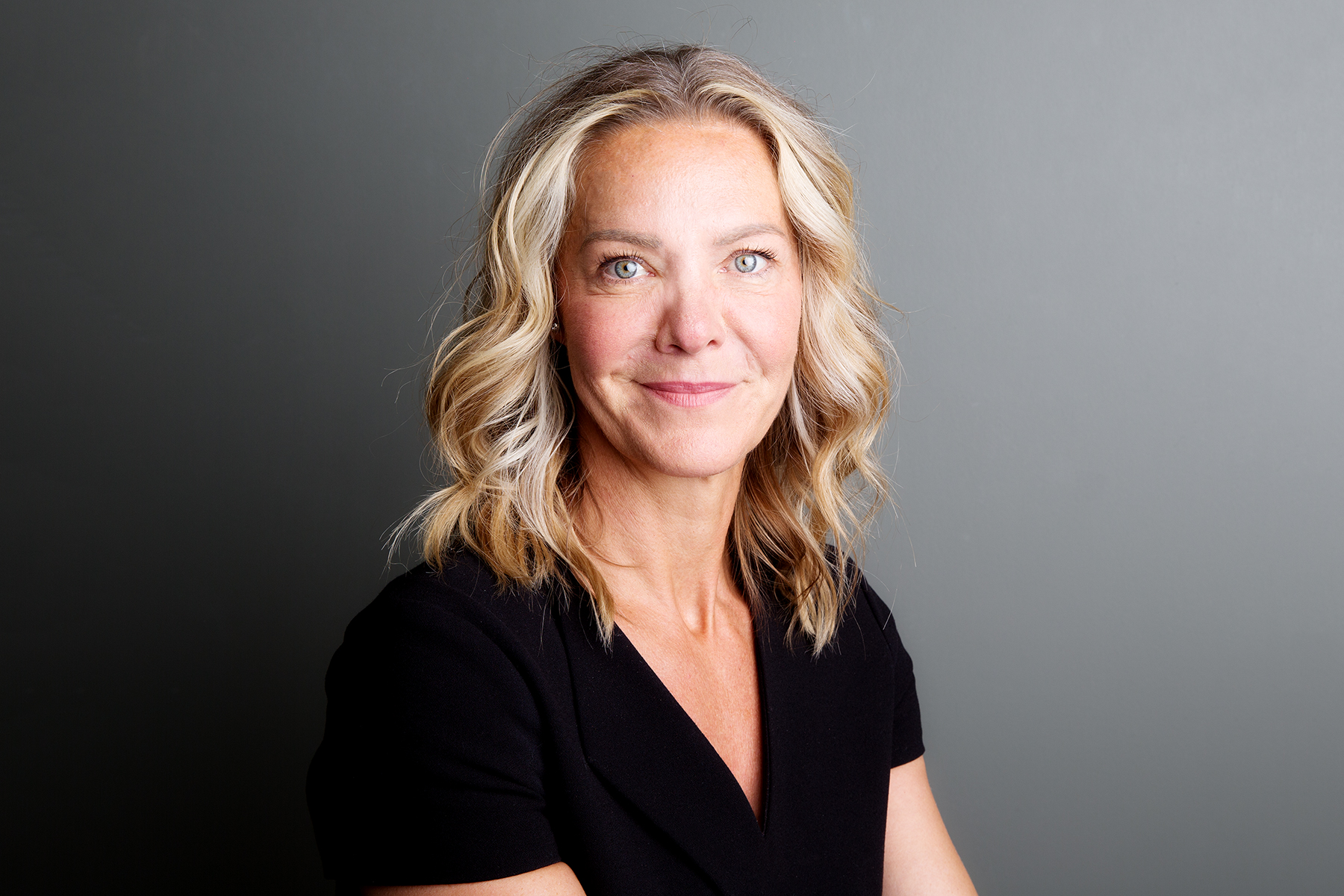New Beginnings: Managing A ‘Good’ Divorce
Published on 27 January, 2023 | Zoe Round

Let’s be frank: the end of a marriage is not an altogether pleasant process.
In my experience, most spouses try to be amicable while dealing with the paperwork, dividing up their joint assets and determining the best arrangements for their children.
However, the underlying fact is that they wouldn’t have to do all those things if they were still together.
That doesn’t mean to say that marital collapse is a bad thing. It isn’t.
In 2020, there were 103,592 divorces involving opposite-sex and same-sex couples in England and Wales (https://www.ons.gov.uk/peoplepopulationandcommunity/birthsdeathsandmarriages/divorce/bulletins/divorcesinenglandandwales/2021).
Just over half of those (53,645) were granted on the grounds of alleged misconduct: either adultery or unreasonable behaviour.
Nevertheless, that was because individuals who wanted to move on with their lives relatively quickly needed to apportion blame for the demise of their relationships due to the law as it stood then.
I would imagine that a sizeable proportion of behaviour-based divorces simply involved couples who came to a realisation that their marriages were over without there being a flashpoint.
Such issues often arise with couples in middle age, yet outside of the cases handled by myself and my colleagues at Hall Brown, there’s rarely anything much in the public domain to confirm that what we’re seeing is a more common occurrence.
One such example has, though, surfaced in news reports in recent days.
Justine Roberts, the founder of the parenting website Mumsnet, has been talking about splitting from her husband, the Channel Four executive Ian Katz (https://www.dailymail.co.uk/news/article-11616477/Mumsnet-founder-Justine-Roberts-splits-husband-Ian-Katz-25-years-marriage.html).
In an echo of an article which I wrote on this ‘blog only last month (https://hallbrown.co.uk/marital-collapse-and-the-menopause/), she suggested that the menopause had played a part in her concluding that “I was open to another way of living and another relationship”.
What she described fleshes out what we know anecdotally but can’t determine the wider incidence of from the available statistics.
Part of the problem is that the age of those who divorce is no longer recorded by the Office for National Statistics (ONS).
The last such data from 2019, however, shows that of those people who disclosed their ages, 40 per cent of men and 32 per cent of women were over 50.
As Justine Roberts herself says: “You put your head up a bit from nurturing your children, you’re a little less tired and you think, ‘Actually, I may have half a life left.'”
Many couples do change over time and find that they have fewer things in common than when they were younger.
That lack of a continuing connection leads to a difficult but very necessary conversation about what they should do.
It is one which some people choose not to have and remain together for a variety of reasons, financial security being just one.
Theirs isn’t the wrong choice, just as those who go their separate ways haven’t failed.
If anything, parting on good terms allows the adults involved and their children to untie their affairs in a decidedly non-combative fashion which augurs well for the future.
The ‘no-fault’ divorce provisions which took effect last year not only removed the need to blame your other half but allowed husbands and wives to make a joint petition for the first time.
Data from the Ministry of Justice released just before Christmas shows that 23 per cent of divorce applications made between July and September last year were submitted by both spouses (https://www.gov.uk/government/statistics/family-court-statistics-quarterly-july-to-september-2022/family-court-statistics-quarterly-july-to-september-2022#divorce).
The role of a divorce lawyer should always be helping spouses achieve the best and most civilised end to what might have been a long and very loving relationship.
Justine Roberts has said that she and Ian Katz are now looking forward to “the rest of their lives and this new exciting experience”.
One can only hope that the change in divorce law during 2022 means that many others will feel the same way if they also conclude that their marriage has run its course.